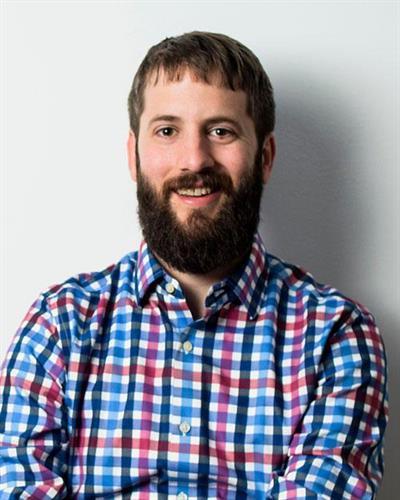Research/Areas of Interest
Applied Cognition
Education
- PhD, Cognition & Neural Sciences, University of Utah, Salt Lake City, UT, United States, 2013
- MA, Cognition & Neural Sciences, University of Utah, Salt Lake City, UT, United States, 2010
- BA, Classical Studies, Calvin College, Grand Rapids, MI, United States, 2007
Biography
Dr. Ward received his PhD in Cognitive Psychology from the University of Utah in 2013. He then completed a Beckman Postdoctoral Fellowship at the University of Illinois at Urbana-Champaign before starting at Tufts in 2016.
Dr. Ward's research is focused on understanding and improving the ability to manage multiple streams of information (i.e., multitasking) both in the lab and in real-world settings. His work aims to unpack the cognitive mechanisms that support multitasking, such as task switching and dual tasking, as well as to understand whether these and other mechanisms are differentially engaged across the lifespan. To this end, Dr. Ward uses several approaches, ranging from simulated environments to speeded response times, in order to assess real-time multitasking performance in younger and older adults. Dr. Ward also relies on interventions like cognitive training, exercise, and low-current brain stimulation to modulate how people multitask under a variety of scenarios.
Graduate and undergraduate students interested in working in the lab are encouraged to contact Dr. Ward.
Dr. Ward's research is focused on understanding and improving the ability to manage multiple streams of information (i.e., multitasking) both in the lab and in real-world settings. His work aims to unpack the cognitive mechanisms that support multitasking, such as task switching and dual tasking, as well as to understand whether these and other mechanisms are differentially engaged across the lifespan. To this end, Dr. Ward uses several approaches, ranging from simulated environments to speeded response times, in order to assess real-time multitasking performance in younger and older adults. Dr. Ward also relies on interventions like cognitive training, exercise, and low-current brain stimulation to modulate how people multitask under a variety of scenarios.
Graduate and undergraduate students interested in working in the lab are encouraged to contact Dr. Ward.
